|
What if there was a way to discover West Virginia’s history, simply by going for a walk or drive? Thanks to the efforts of universities, historical societies, libraries, and local historians throughout the state who are using Clio, that future is now possible. And thanks to a $60,000 challenge grant from the National Endowment for the Humanities, there will soon be even more to discover throughout the Mountain State when residents and visitors use Clio, a website and mobile application that makes history come alive. Clio was built in West Virginia and is free for everyone at www.theclio.com. The National Endowment for the Humanities announced the grant to Marshall University on August 2, 2017. The federal grant, together with tax-deductible donations raised by Marshall University to secure their portion of the match, will support a three-year effort by a team of scholars, librarians, museum professionals, and graduate students throughout the state. These scholars and students will work with the Preservation Alliance of West Virginia, Appalachian Studies Association, West Virginia Division of History and Culture, Foundation for the Tri-State, and the West Virginia Association of Museums to create heritage tourism walking tours throughout the state. The Clio Foundation is based in Huntington and their website and mobile application are on track to have more than six million page views for the year 2017. Over two hundred historical societies and universities across America are using Clio to connect residents and visitors to the history of their community, so users can enjoy walking tours from Seattle to Miami. The project has garnered awards from prestigious organizations and the attention of the national press. In the process, Clio has grown to be a true point of pride for the state of West Virginia.
Dr. David Trowbridge, an associate professor at Marshall University and the creator of Clio, refers to his invention as a “curiosity engine” because its GPS-enabled search features can notify a user about fascinating places and histories based on their location or interests. Users can create their own walking or driving tour, browse or search by keywords or location, or they can let the mobile app notify them about nearby sites as they walk or drive. “If you care about people, you go where they are,” Trowbridge added. While I can’t embed a historian next to every historical marker, a mobile app can connect people to their work.” Organizations and individuals can create entries pending review from leaders of an organization and Trowbridge’s growing team of local historians, interns, and volunteer reviewers. Clio has grown to over 25,000 individual entries and two hundred walking tours around the country, including nearly hundreds of entries and dozens of walking tours throughout West Virginia. Each entry can include a summary of the location’s historical significance, historic and current photographs, links to further information, and even videos and oral histories, as well as links to related books, articles, and reliable websites. With the support of this $60,000 grant, the university will offer paid positions for graduate and undergraduate students who will work with faculty members and local organizations as they build dozens of walking tours that reveal the history and culture of communities throughout West Virginia. Those who would like to support the project can contact Dr. Trowbridge or the Marshall University Foundation. Comments are closed.
|
Preserve WV StoriesCategories
All
Archives
August 2023
|
Get Involved |
Programs |
Contact UsPreservation Alliance of West Virginia
421 Davis Avenue, #4 | Elkins, WV 26241 Email: [email protected] Phone: 304-345-6005 |
Organizational Partners:
© COPYRIGHT 2022 - PRESERVATION ALLIANCE OF WEST VIRGINIA. ALL RIGHTS RESERVED.

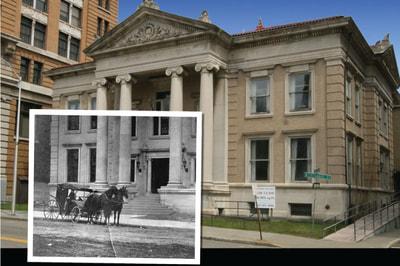
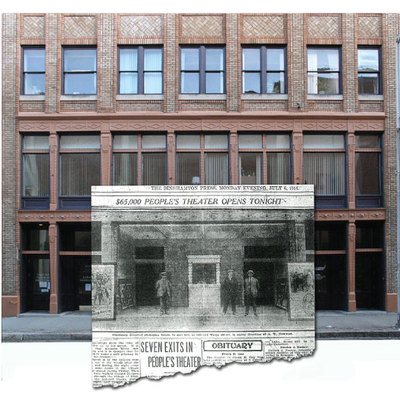
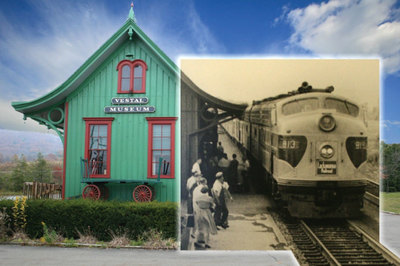
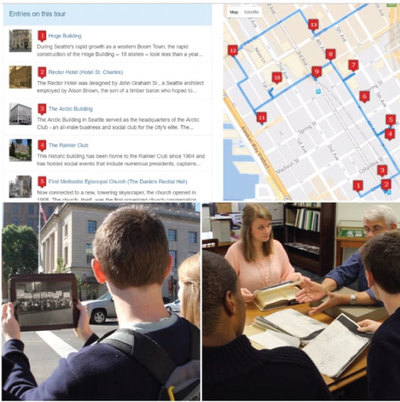
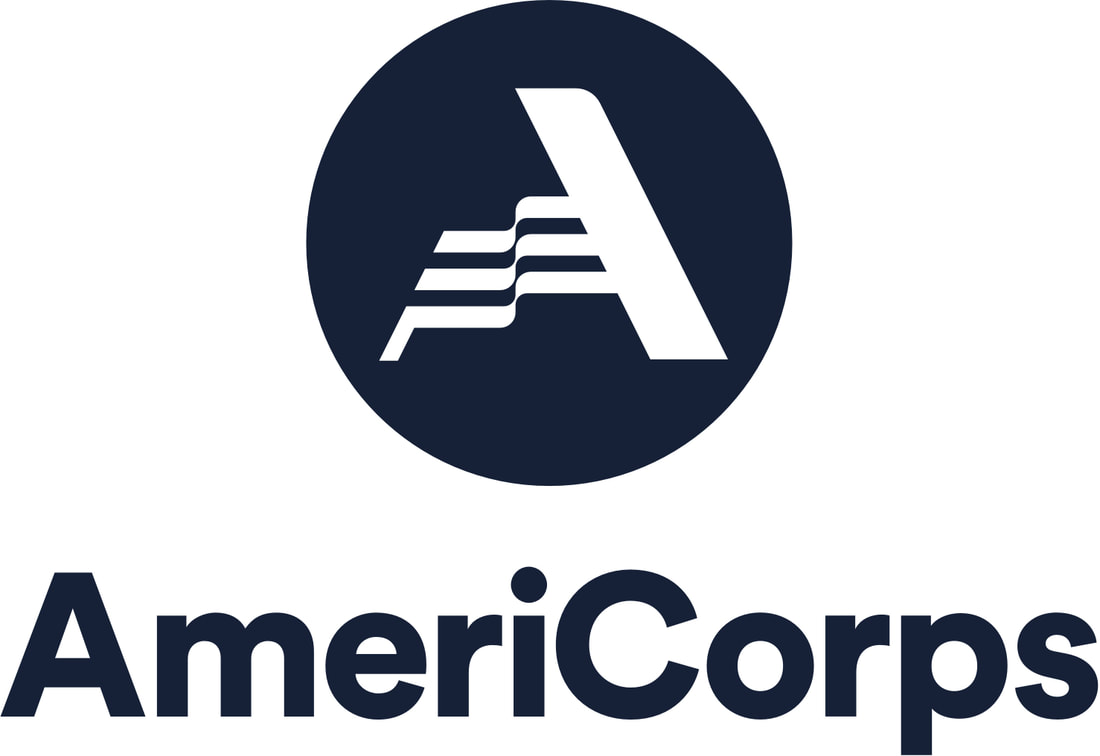
 RSS Feed
RSS Feed



